70 per cent of home BP-monitors are inaccurate, suggests study - India Today
-
By A Mystery Man Writer
-
-
4.7(465)

Product Description
Don't blindly believe what that home blood pressure monitor is telling you..
Don't blindly believe what that home blood pressure monitor is telling you..
Image for representational purposes only. Picture courtesy: Instagram/villafranca
:max_bytes(150000):strip_icc()/ihealth-neo-wireless-blood-pressure-monitor-upper-arm-cuff-bluetooth-blood-pressure-machine-ultra-thin--portable-app-enabled-for-ios--android--db5cde5f7ed143e88f538dc9aae486f9.jpg)
The 8 Best Blood Pressure Monitors of 2024, Tested and Reviewed
70 Per Cent of Home Blood Pressure Monitors are Inaccurate: Study - NDTV Food
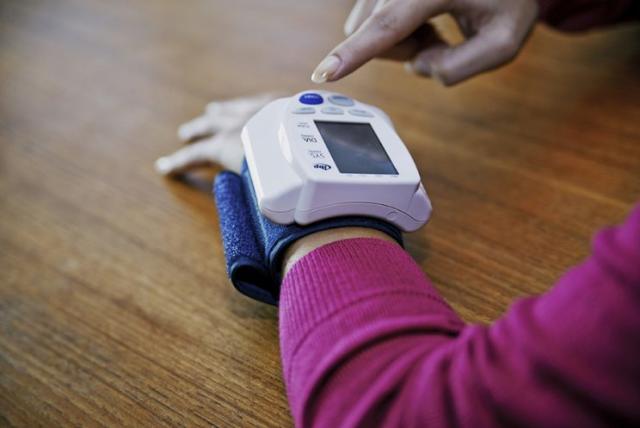
Home Blood Pressure Monitors Are Wrong 70% of the Time

Intermittently Scanned Continuous Glucose Monitoring for Type 1 Diabetes

Sex Differences in Ambulatory Blood Pressure Levels and Subtypes in a Large Italian Community Cohort
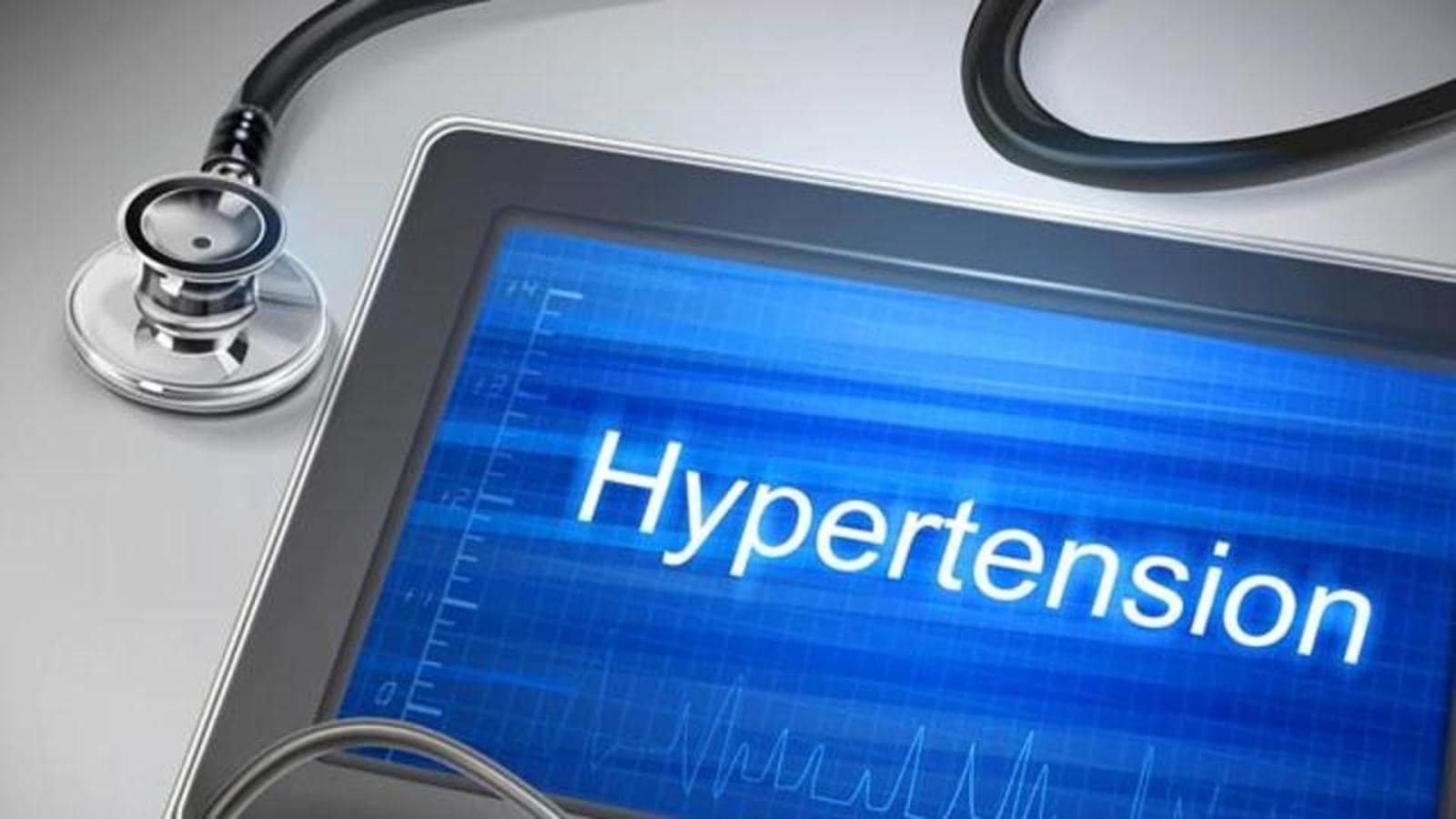
60%-70% Indians with hypertension unaware of their condition: Study

Health effects of dietary risks in 195 countries, 1990–2017: a systematic analysis for the Global Burden of Disease Study 2017 - The Lancet
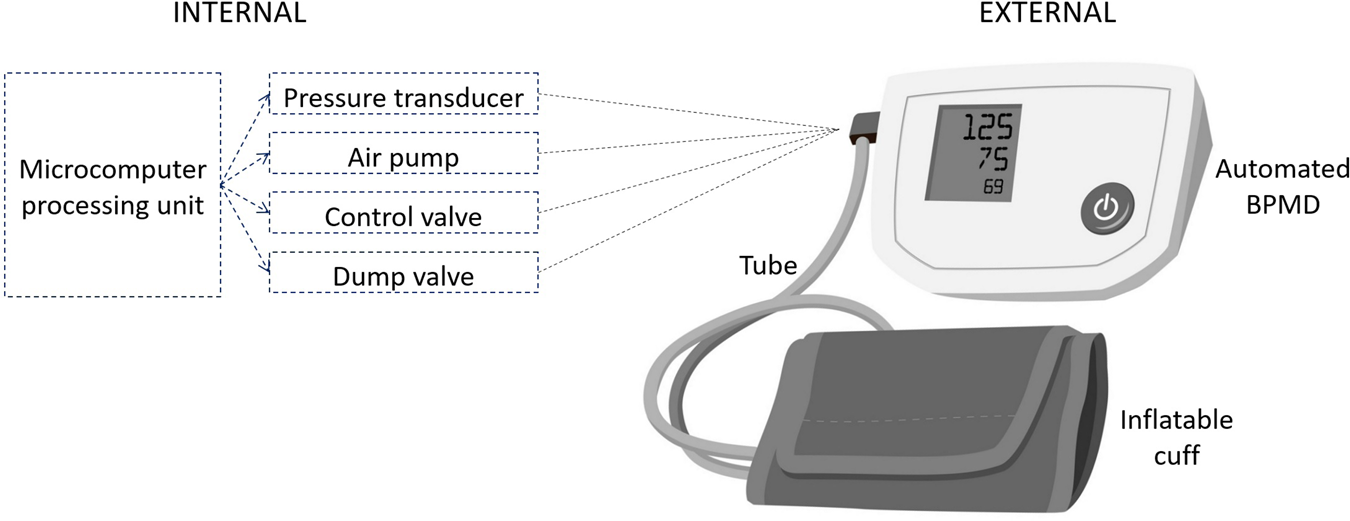
Automated 'oscillometric' blood pressure measuring devices: how they work and what they measure

Human temperature regulation under heat stress in health, disease, and injury



:max_bytes(150000):strip_icc()/ad-premier-talking-blood-pressure-monitor-6adcd886c3bf49c08d464a042fa78da8.jpg)

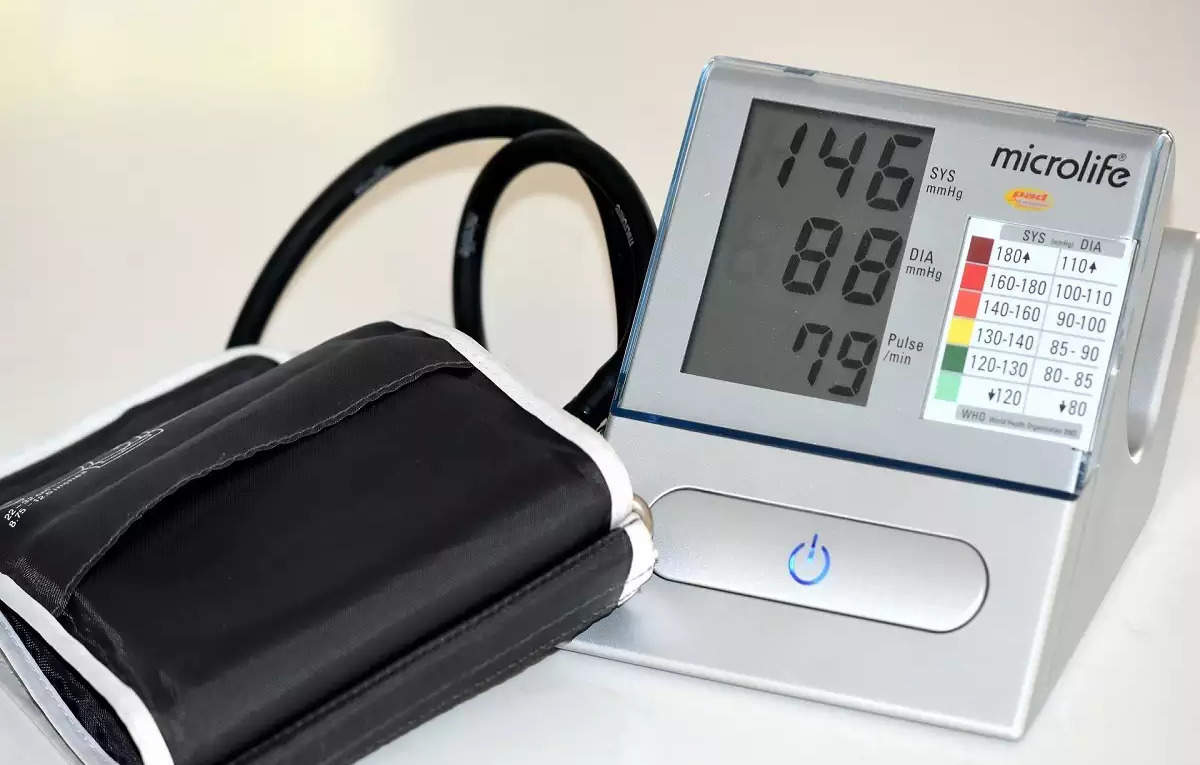


:max_bytes(150000):strip_icc()/hlt-blood-pressure-monitors-test-welch-allyn-home-amazon-jjuliao-0801-e330c19a8b174e3b933bd0e883f17513.jpeg)

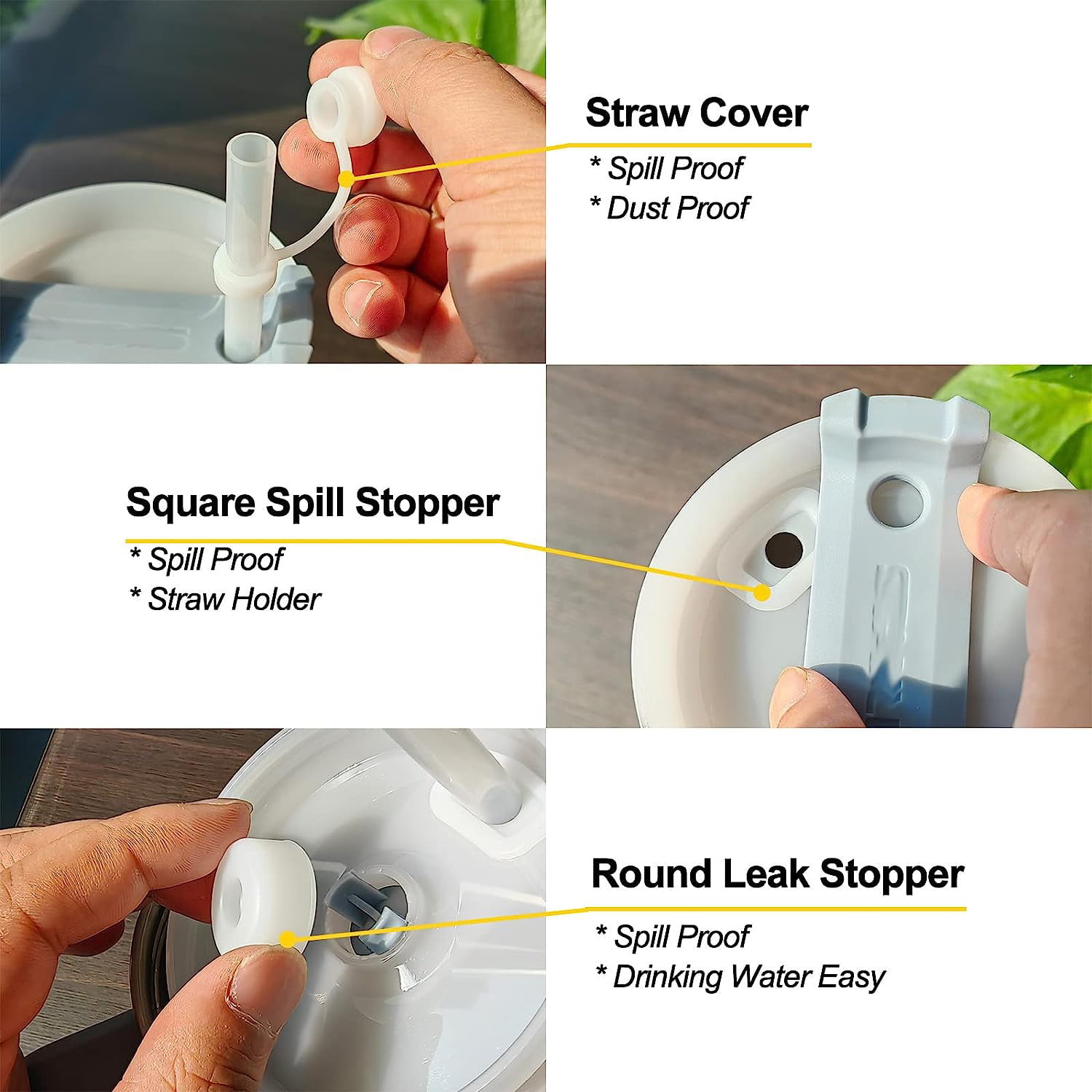


:max_bytes(150000):strip_icc()/presto-electric-percolator-58b70cd4134049b89c049de944b685cc.jpg)


